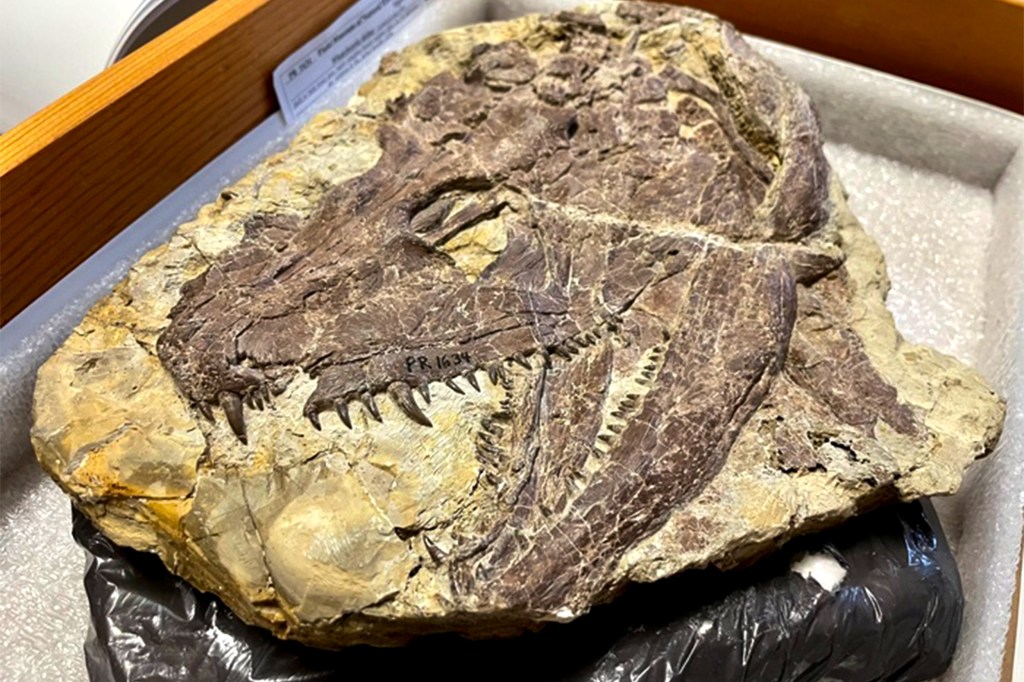Science & Tech
-

Preserving learning in the age of AI shortcuts
In podcast, teachers talk about how they’re using technology to supercharge critical thinking rather than replace it
-

A ‘cocktail’ recipe for brain cells
Stem cell biologists discover how to regenerate type damaged in ALS, spinal cord injuries

-

When you do the math, humans still rule
Harvard’s Lauren Williams, a MacArthur ‘genius,’ joins international effort to challenge notions of AI supremacy
-

‘Imagination’
Less like a picture, more like a video game? Cognitive scientist explains how we ‘see’ what isn’t real.
-

Breaking chess’s rating stalemate
Ranking skill can be tricky when the best players draw more than they win, so a Harvard statistician invented a new method

-

How AI deepfakes have skirted revenge porn laws
Limits unclear when explicit images of individuals look real, but are digitally generated
-
Desire to battle climate change rooted in childhood
Environmental science and engineering doctoral student grew up next door to family’s palm-oil refinery outside Bangkok.
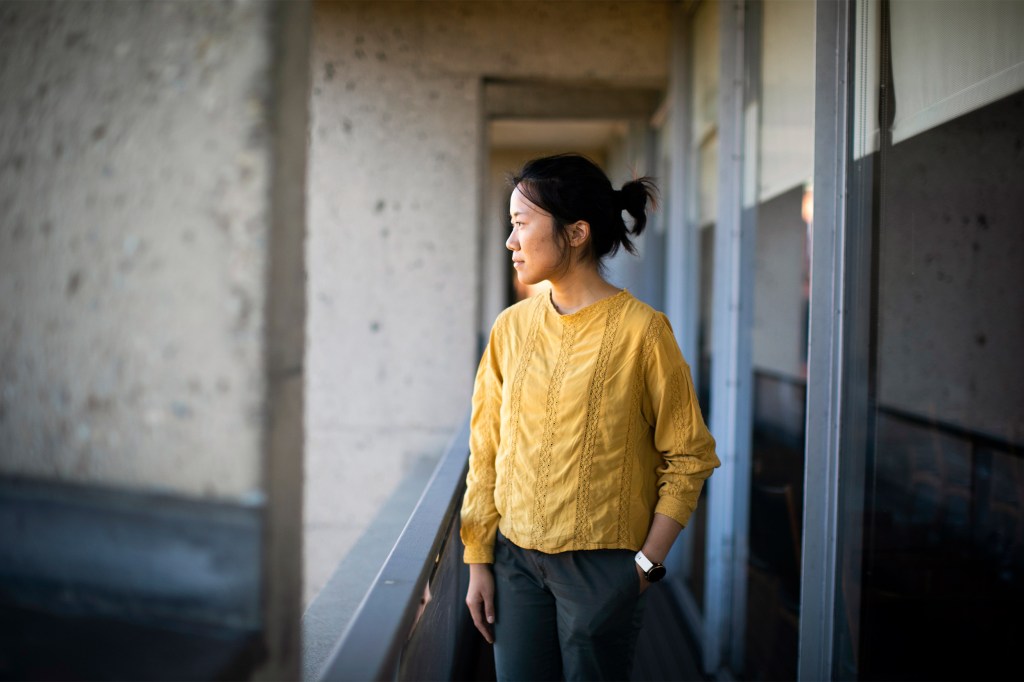
-
Taking a lesson in evolutionary adaptation from octopus, squid
Two new studies describe path of divergent sensing capabilities, tracking lineage from common ancestral neurons.
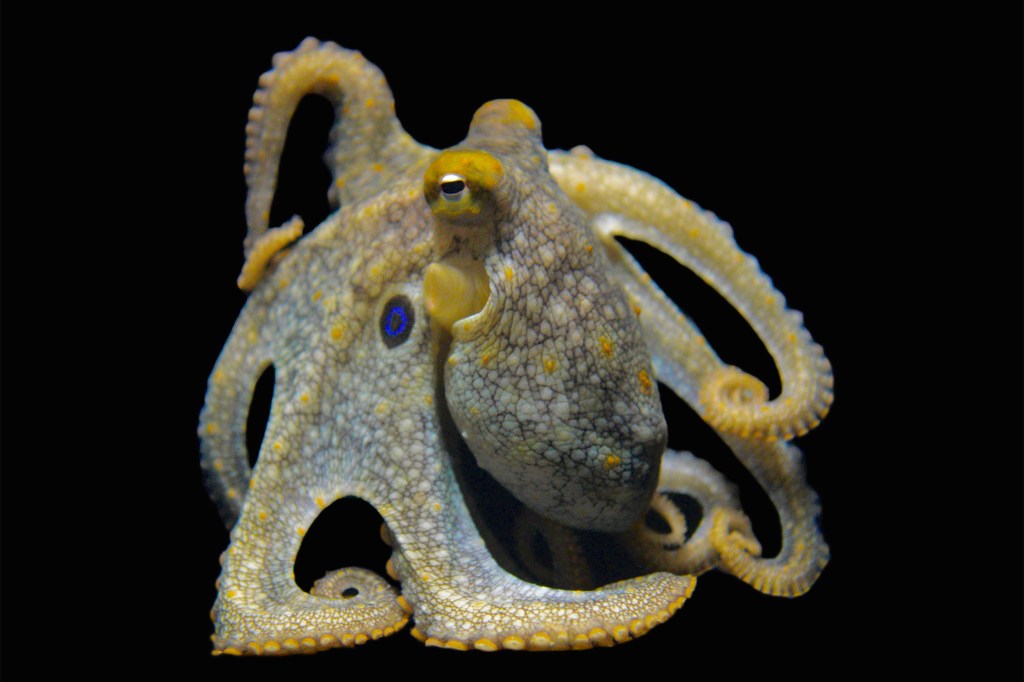
-
Buck Trible and the case of the mutant ants
Researchers have discovered a huge clue to the century-old mystery of why some ants become workers and others become queens.
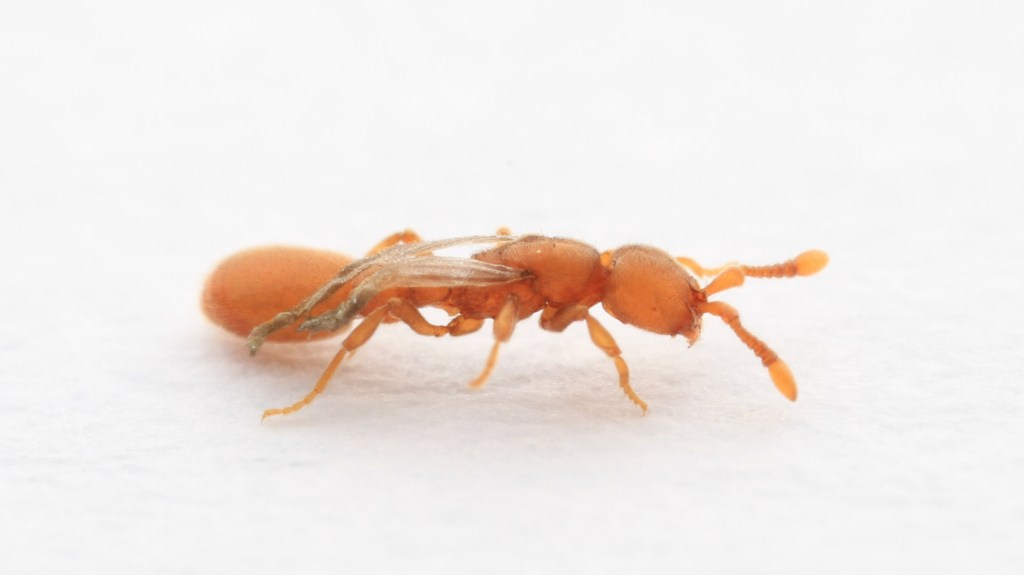
-
Buying crucial time in climate change fight
Steven Wofsy explains how the satellite will spot global sources of methane emissions, which in many cases can be halted with relatively simple fixes.

-
Racing to catalog, study deep-sea biodiversity
Researchers find five new species of hard-to-access creatures amid shortage of knowledge, concerns growing commercial interest may cause extinctions.
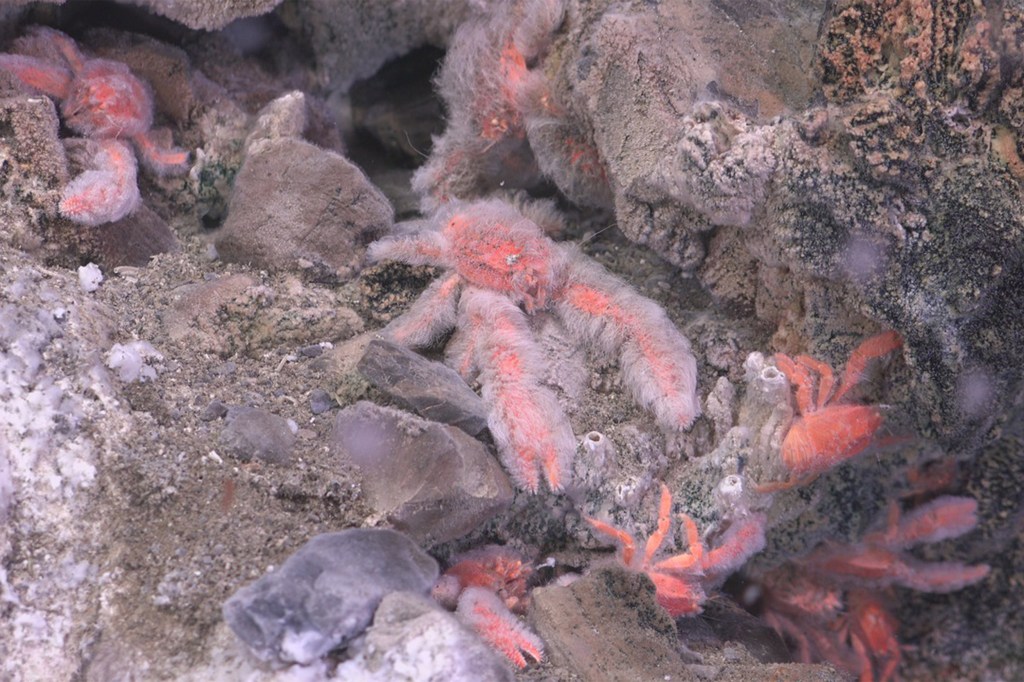
-
A 14-year incubation
Sam Wattrus ’16, Ph.D. ’22, becomes the first human developmental and regenerative biology concentrator to establish an independent research lab.

-
Why we need female mice in neuroscience research
Researchers found that female mice, despite ongoing hormonal fluctuations, exhibit exploratory behavior that is more stable than that of their male peers, countering the belief that the hormone cycle in females causes behavioral variation that could throw off results.

-
How does infection change social behavior?
A new study illuminates the way pathogens — and pheromones — alter social behavior in animals.
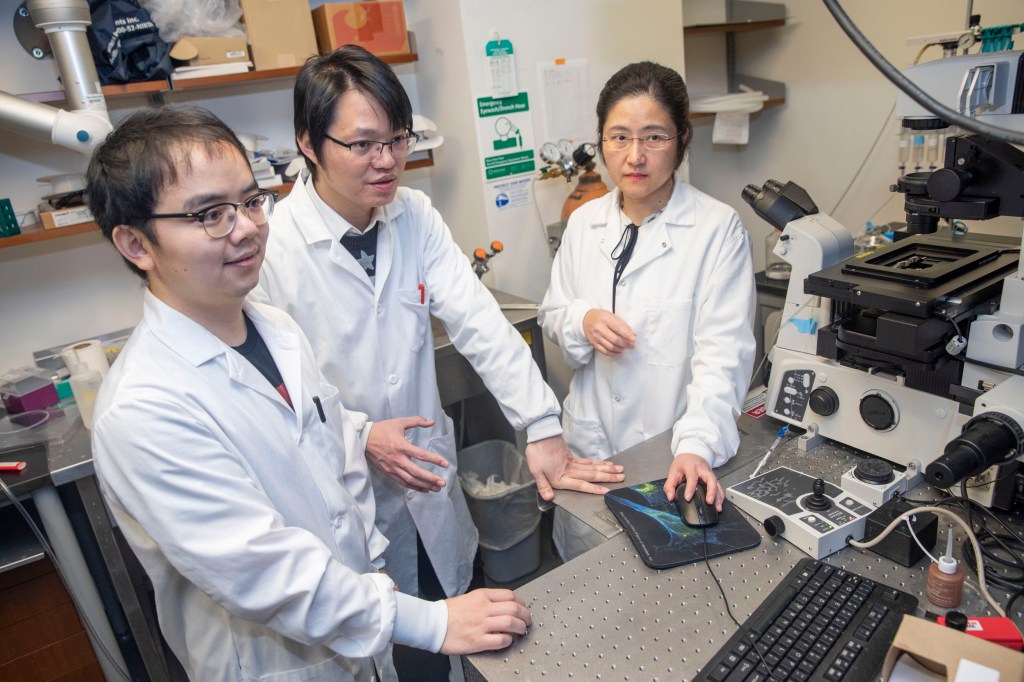
-
Seeking clues to how shifting climate may change ocean ecosystems
By studying the fossil record of one group of organisms, researchers now worry that human-driven climate change may return us to an “Earth of 8 million years ago … detrimentally restructuring the marine communities of the entire ocean.”
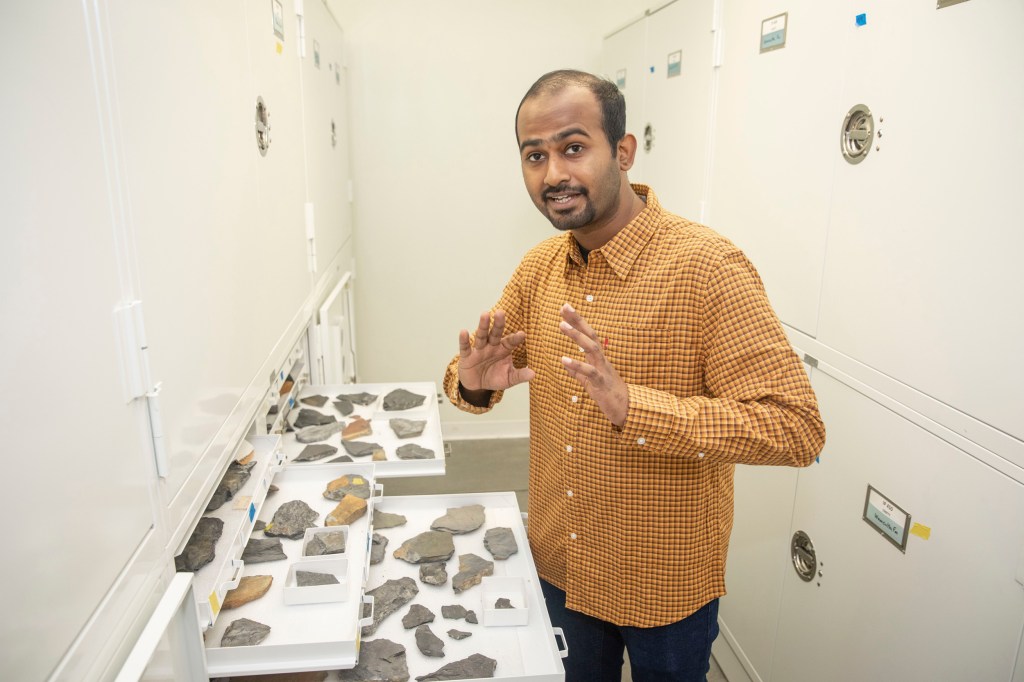
-
What Harold McGee learned after decade of sniffing durian, keyboards, outer space
Science author Harold McGee explores all things olfactory in “Nose Dive: A Field Guide to the World’s Smells.”

-
Nothing that is not there and the nothing that is
You’ll never experience a black hole, but Avi Loeb can help you imagine one
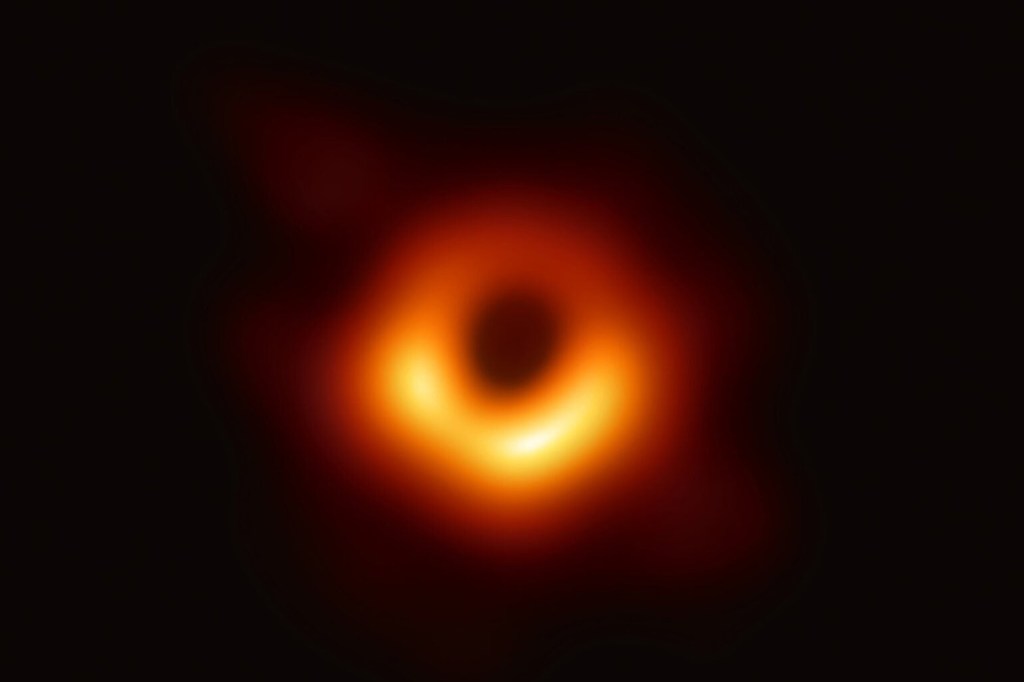
-
One small step toward understanding gravity
Quantum computing simulation reveals possible wormhole-like dynamics.
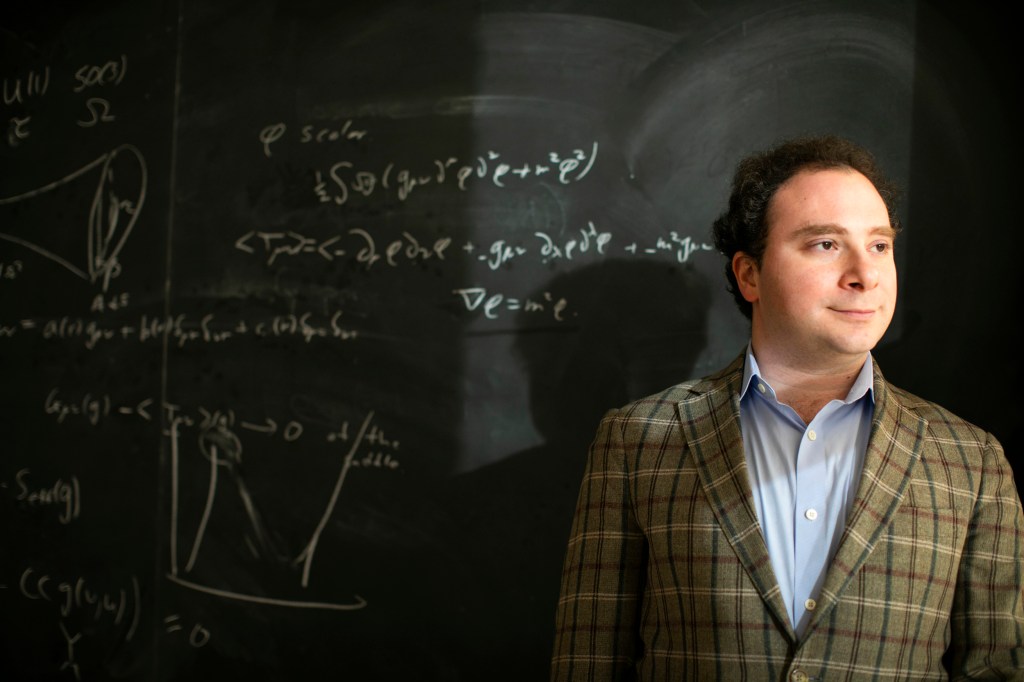
-
5 research teams win Grid funding to smooth path from lab to market
Funding aims to help researchers turn their ideas into products and services that confront real-world problems.

-
Will ChatGPT supplant us as writers, thinkers?
Psychologist says the chatbot is impressive — and may offer insights into the nature of human intelligence once it “stops making stuff up.”
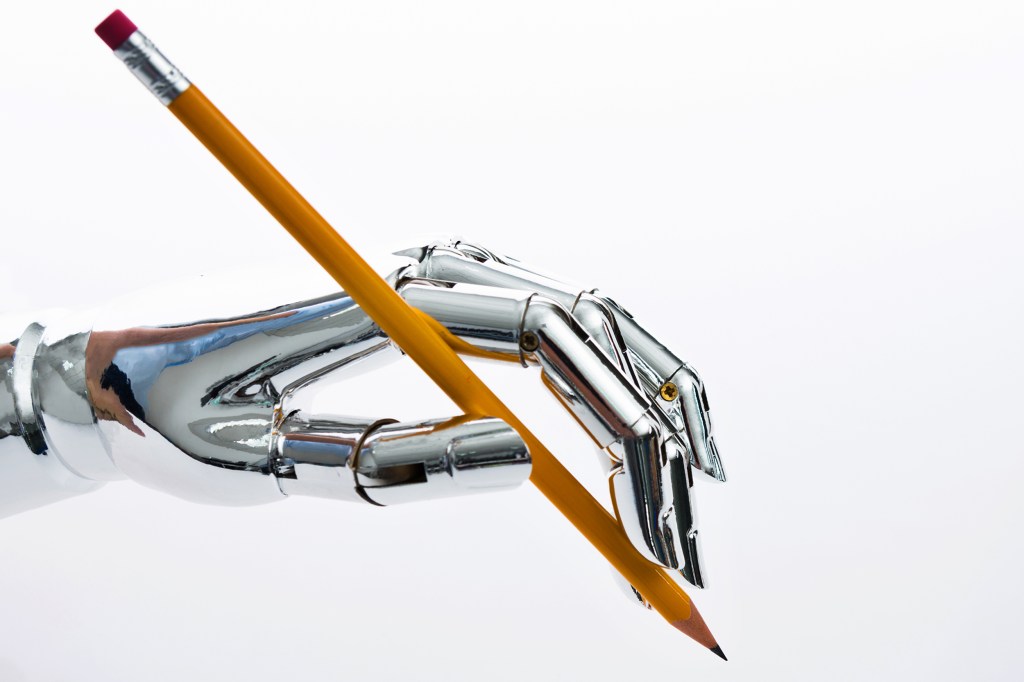
-
Combining forces to accelerate climate action here, there, now
Experts from Harvard and around the world embark on ambitious interdisciplinary projects that tackle climate change challenges head-on.
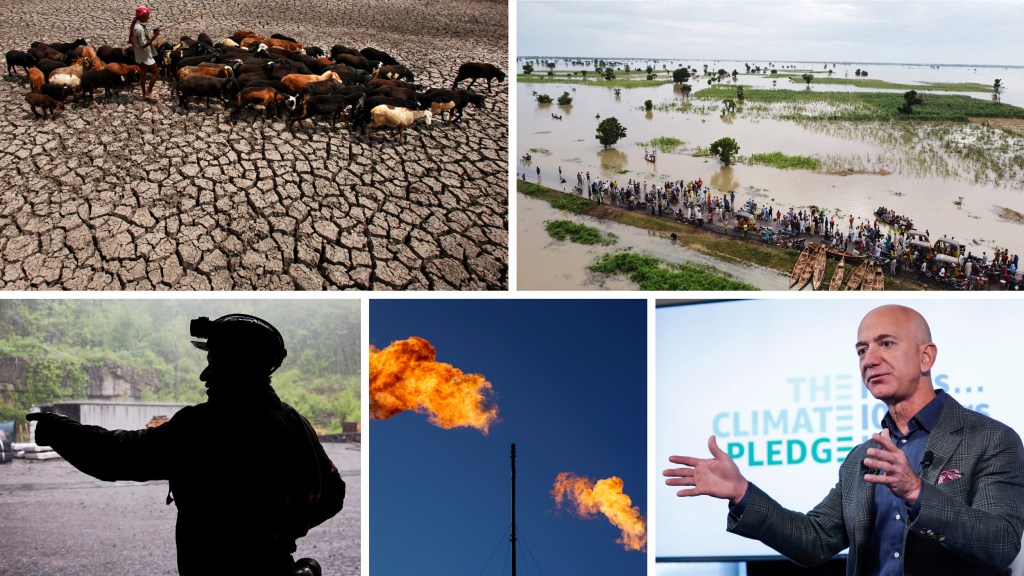
-
Can space dust slow global warming?
A new study has found that dust launched from the moon’s surface or from a space station positioned between Earth and the sun could reduce enough solar radiation to mitigate the impacts of climate change.
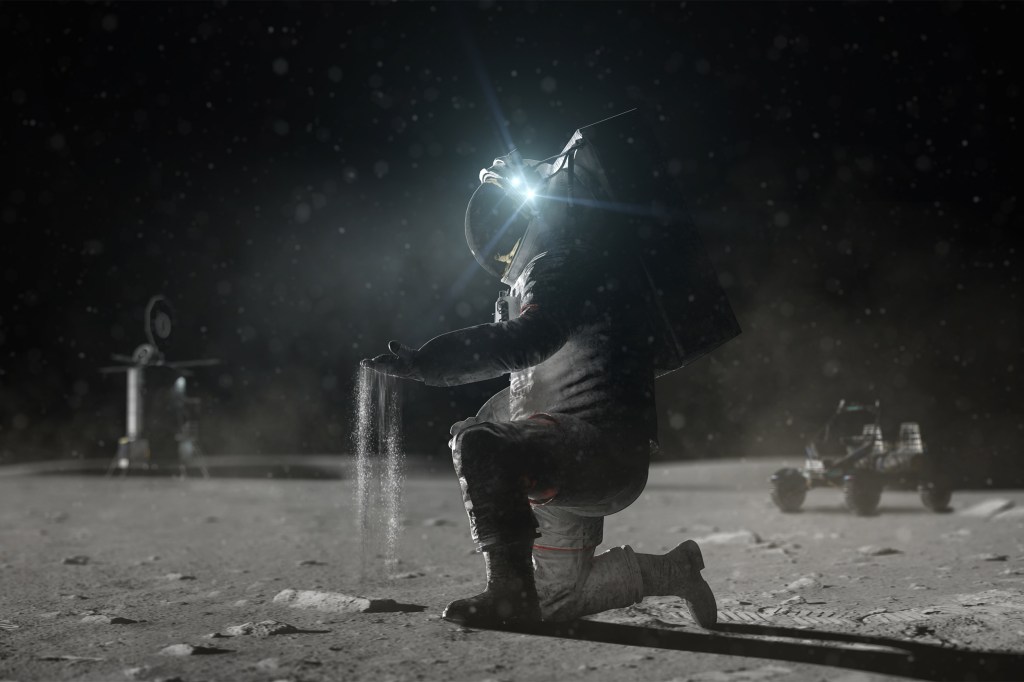
-
Which hand has the treat? Preschoolers get that, but more options confound.
Researchers uncover pattern in developmental psychology of 3-year-olds: a struggle to weigh competing options.
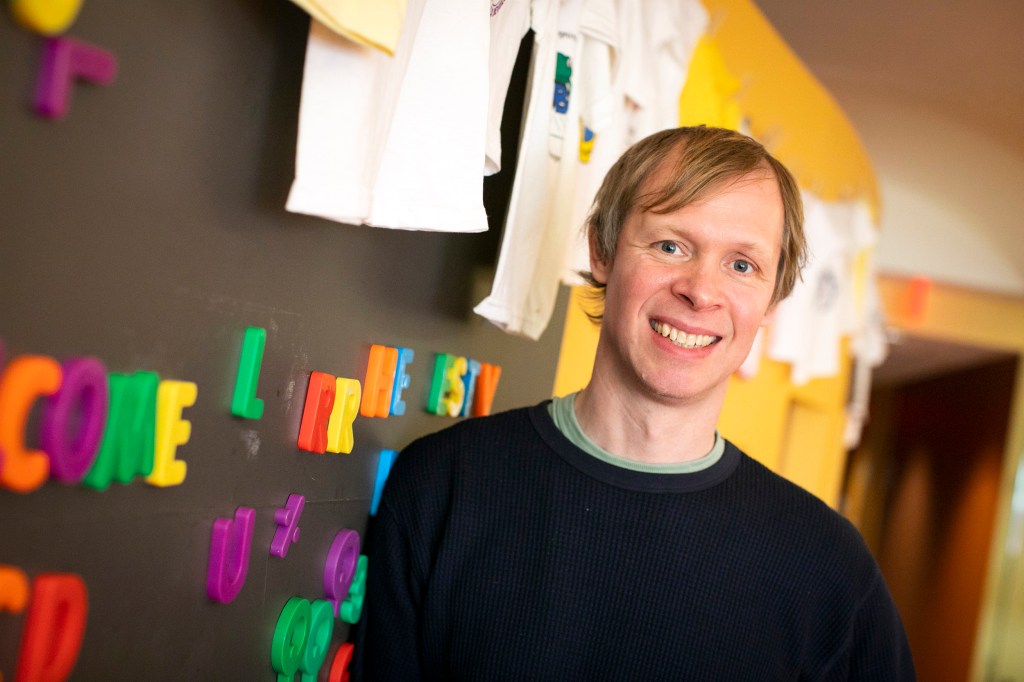
-
Why we remember — and forget. And what we can do about it
Authors Andrew Budson and Elizabeth Kensinger offer insights on how to keep both a healthy brain and a strong memory.
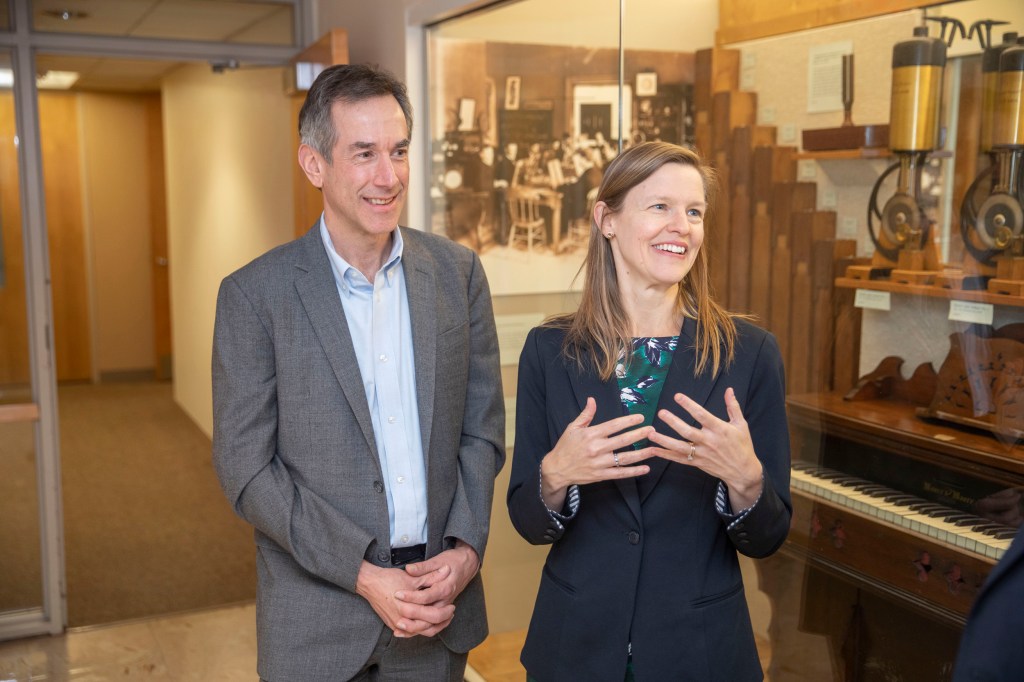
-
His dream? To see two pub regulars arguing over existence of infinity in nature
Sean Carroll’s videos explaining fundamental ideas in modern physics are becoming a book trilogy.

-
Why you wear what you wear
In a new study, researchers uncover personality traits behind people’s preferences when making fashion decisions.

-
An evangelist of physics
Australian physicist demystifies the experimental side of the field and recalls forgotten pioneers.
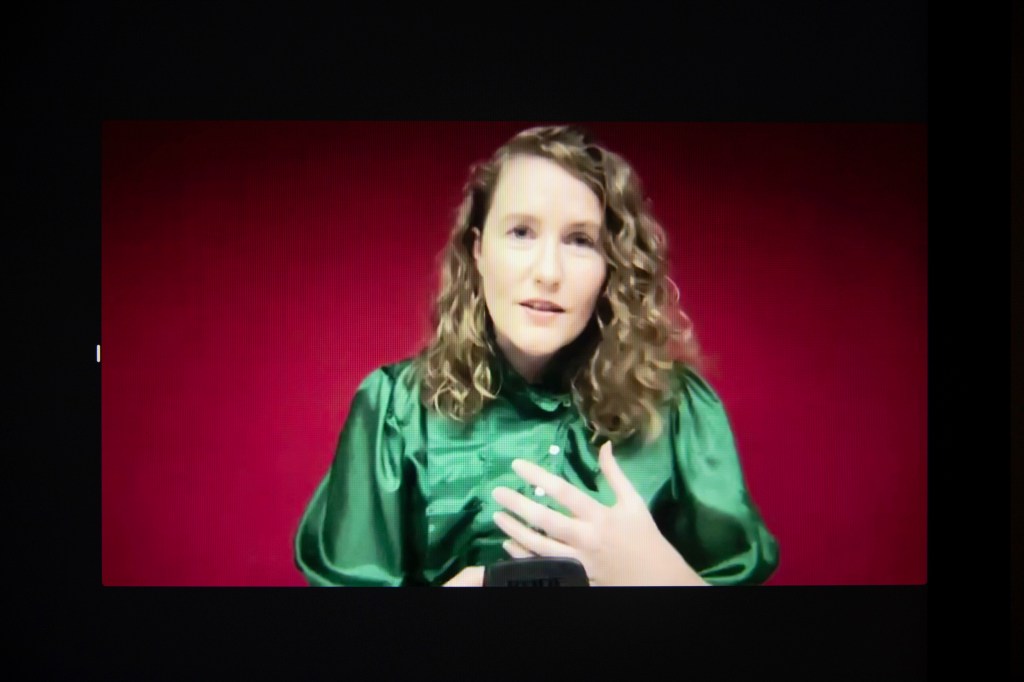
-
Fresh insights into inflammation, aging brains
Harvard scientists’ research on mice suggests chain reaction may be involved in the brain’s aging process.
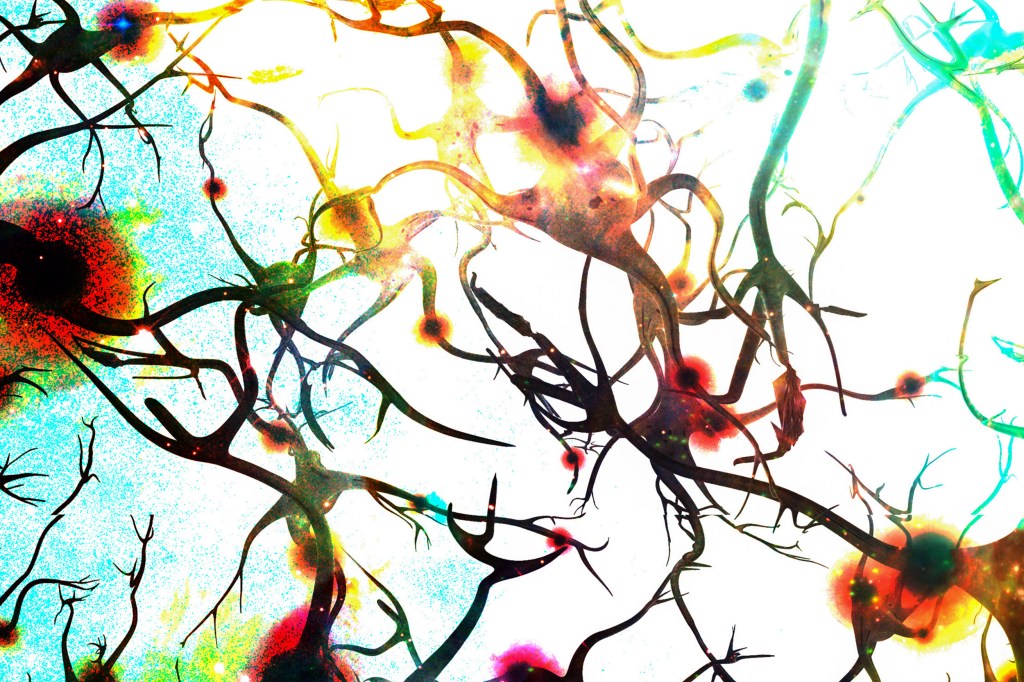
-
Exxon disputed climate findings for years. Its scientists knew better.
In the study, scientists showed how the multinational energy giant worked to cloud the issue.

-
‘The code word … is interoperability’
The International Image Interoperability Framework makes online access as good as, or better than, physical interaction with library collections.
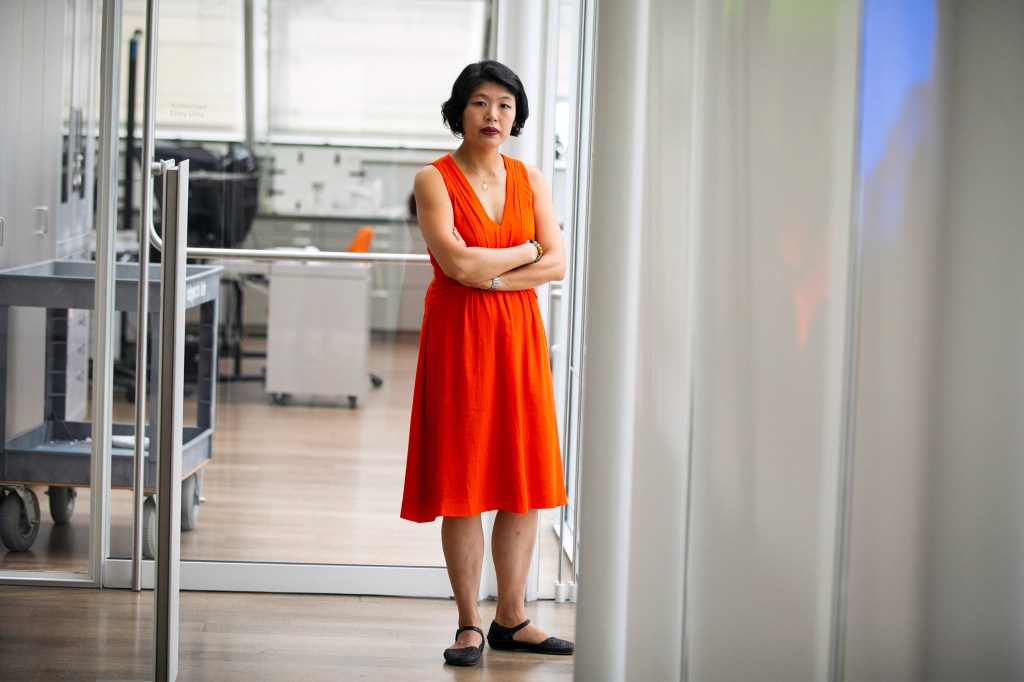
-
What we learned
Highlights from another year of discovery at Harvard, where inquiring minds are the norm.
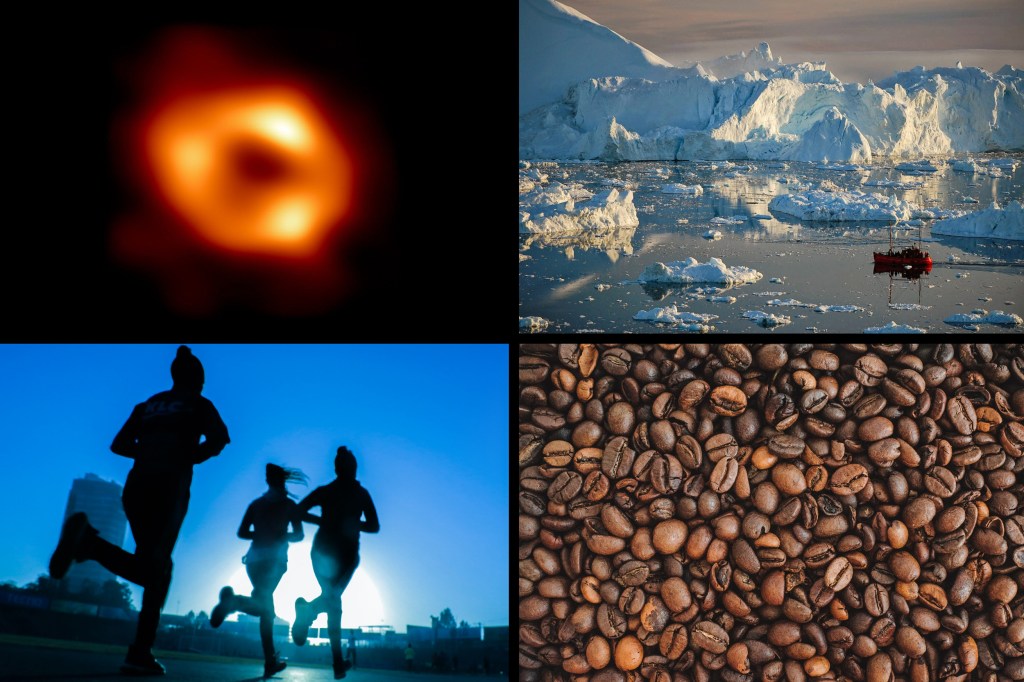
-
Doomed exoplanet spiraling toward obliteration
For the first time, astronomers have spotted an exoplanet whose orbit is decaying around an evolved, or older, host star.
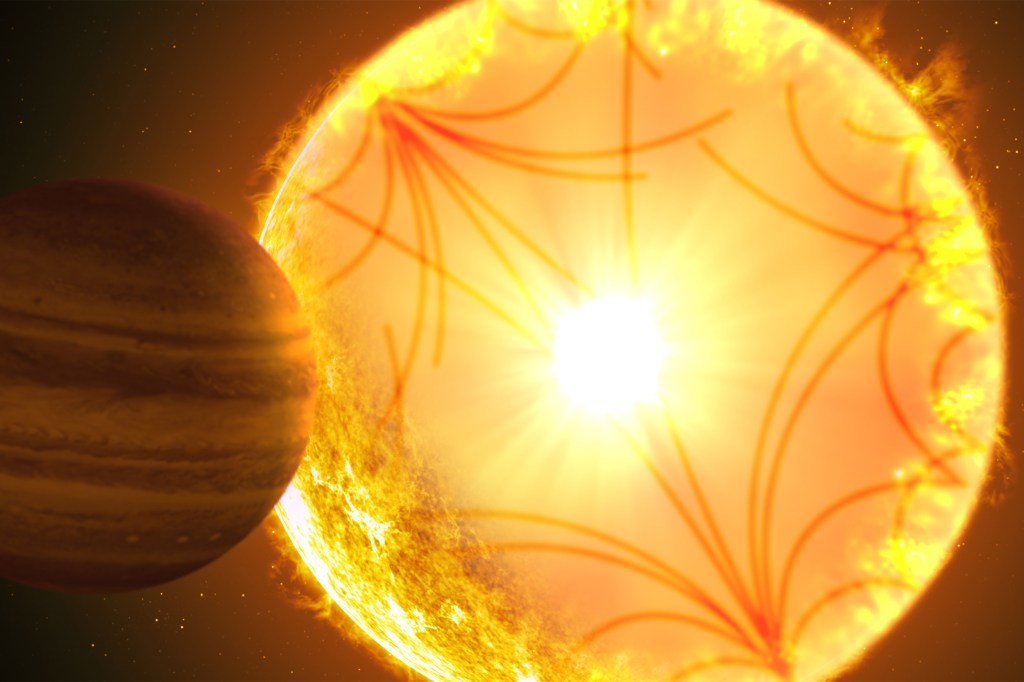
-
Why nuclear fusion is so exciting
Harvard scientist Adam Cohen breaks down breakthrough that might prove major turning point in clean energy efforts — but not any time soon.
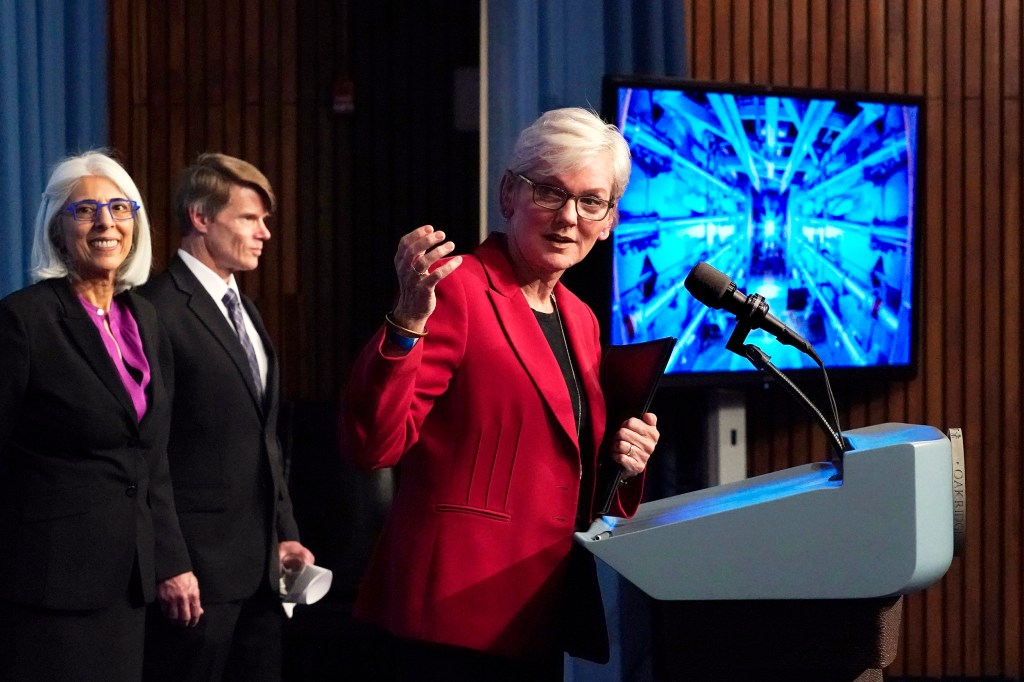
-
Looking to retain most potent regenerative stem cells
Early on human bodies are full of pluripotent stem cells, capable of generating any other type of cell. The problem is we lose them at birth.
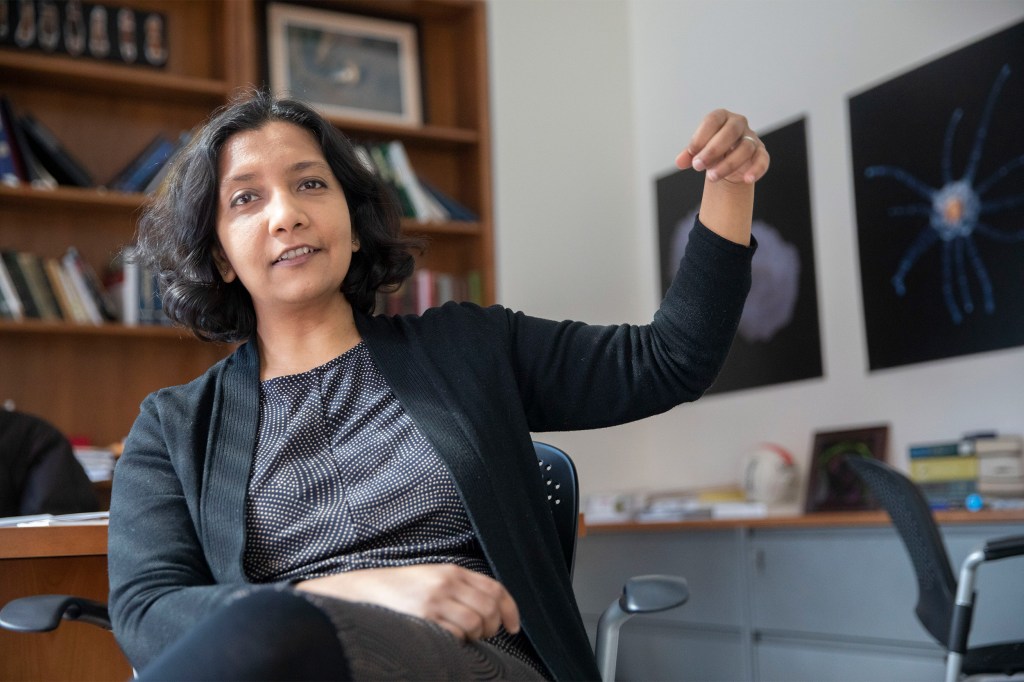
-
You believe in climate change but drive a gas-guzzler, don’t recycle. Why?
You believe in climate change but drive a gas-guzzler, don’t recycle. Why? Neuroscientist explores in new book.
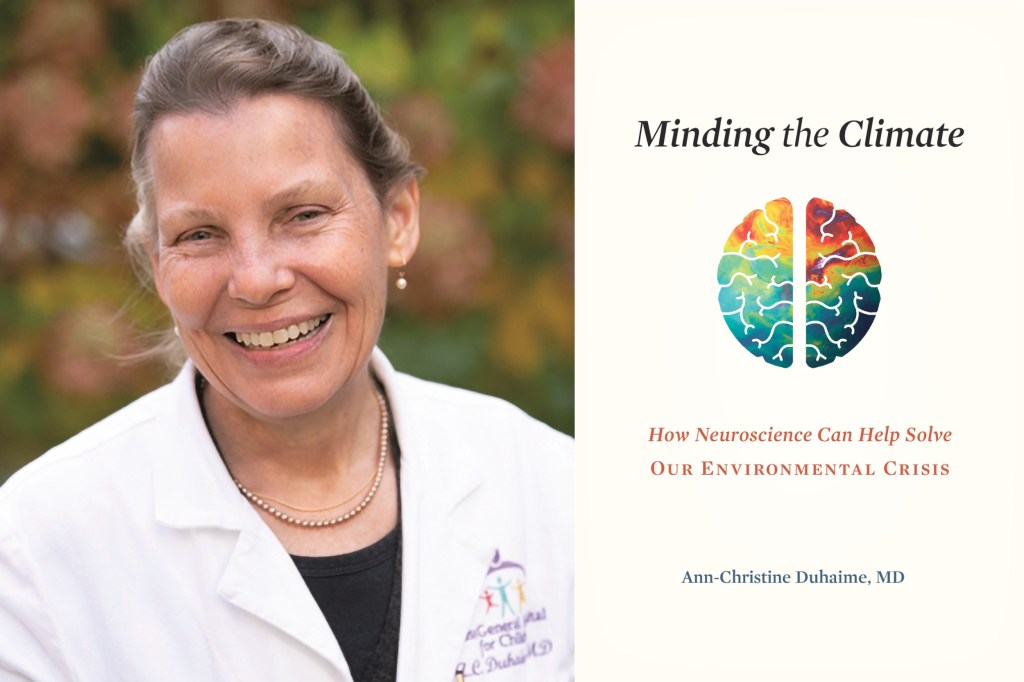
-
‘Croco-salamander’ bones offer clues to how early animals emerged from water
A study overturns the long-held belief that ancient species grew at slow, steady pace, and offers insights into human maturation.
